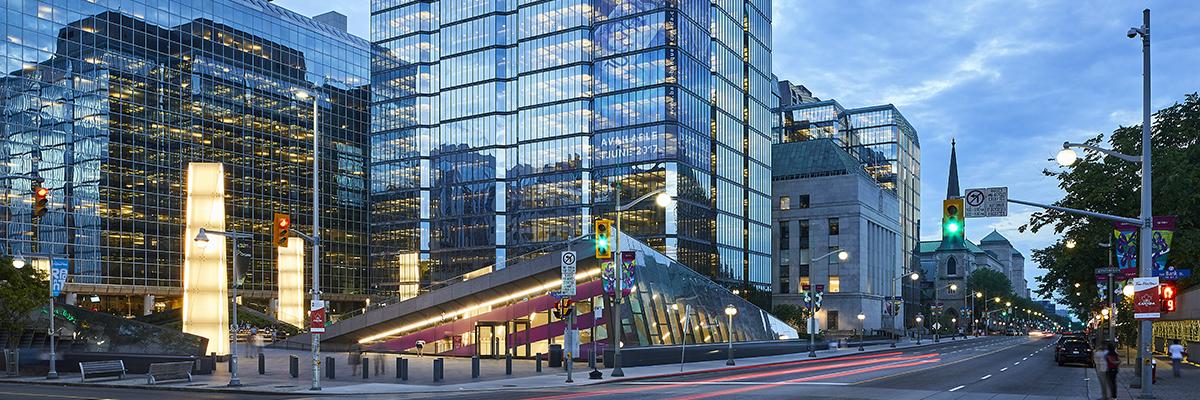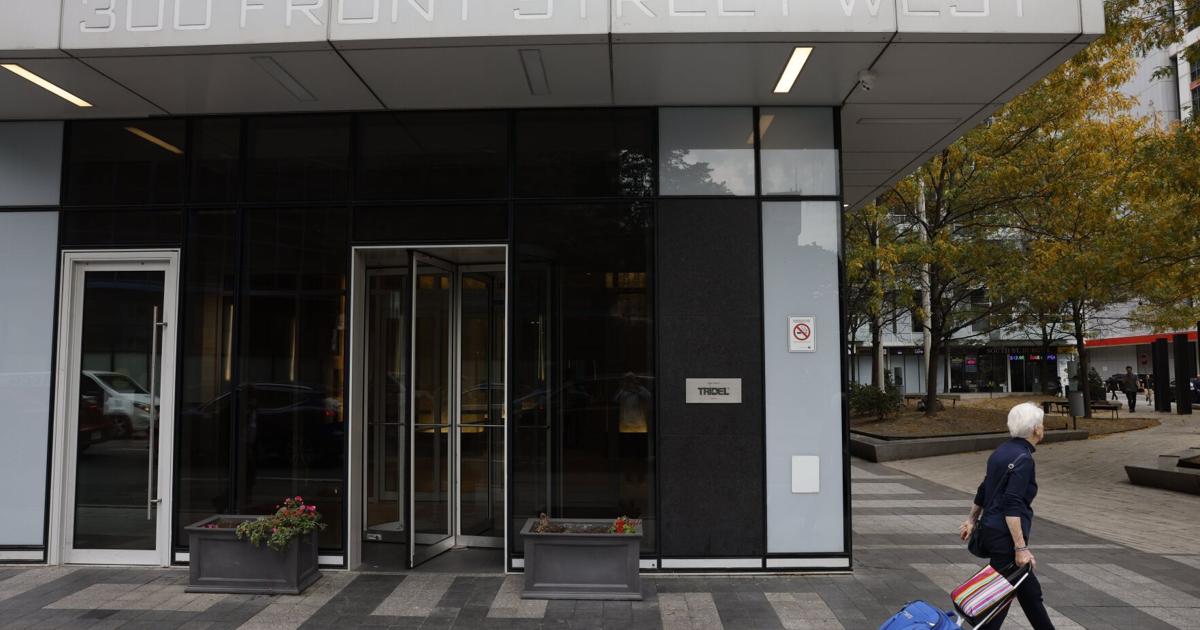Priller
Well-known member
Wasn't just new builds. A typical house in our neighbourhood went from $550k when we were buying in mid-2019 to over $1.2M at the height of the Covid craziness in Q1 of '22. It doesn't take a real estate guru, or a crystal ball, to see how stupid that is.While the interest rate rocket was hard to predict with accuracy (especially when faced with the official BOC position of low rates are here for the long run), it was easy to see that prices in greater GTA were nuts. Townhouses outside barrie were selling for 1.3 which was similar to the price of a similar town in Vaughan. wtf. I wouldn't want to live in Vaughan but it should have a price premium based on proximity to Toronto and transit. Paying 2M+ for houses in cookie cutter subdivision hell in the middle of nowhere is insane. It's trivial to replicate that model thousands of times and nothing makes that house special. Sure, it's housing but there is nothing to justify that price (other than people were dumb enough to pay).
Sales are finally shifting along again, though slowly, after a period of absolutely nothing. Values seem to be pegged back to '21 levels (so still quite high on a historical trend line) and are relatively flat. The prognosticators I've read seem to think the days of the sub-2% fixed 5-yr are extremely unlikely to return, no matter what the BoC does, as lenders prefer to make profits. Mid to high 3's seems to be the floor they're predicting.

















